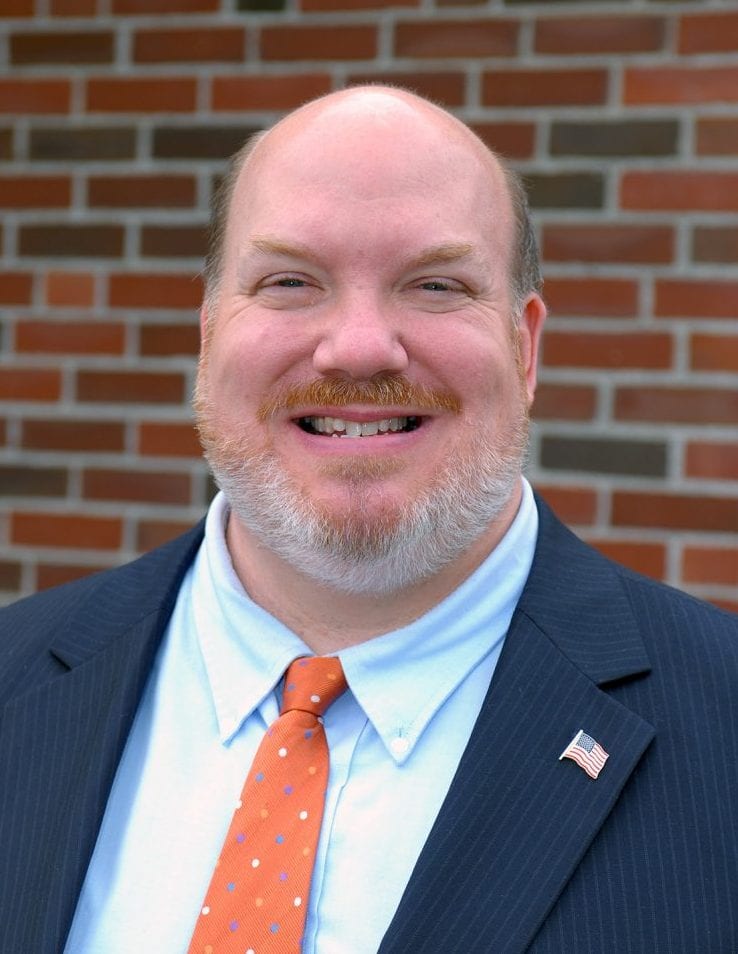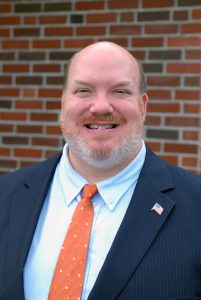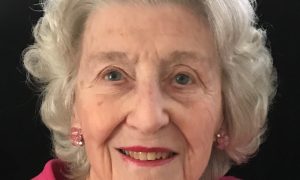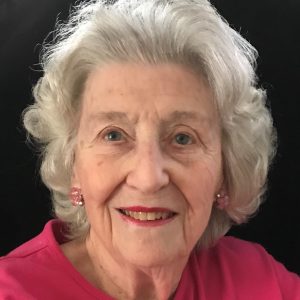WESTFIELD – On Friday, State Senator Donald F. Humason, Jr. (R-Westfield) talked about the end of the legislative session and some of the initiatives that he supported that will benefit his constituents in particular, and all of Western Mass. in general.
“At midnight on July 31,, 2018, the Massachusetts State Legislature was set to conclude formal business for the year, in accordance with joint rules. In reality, it took about an hour and a half into the morning of August 1 to finish all we did,” Humason wrote in a press release.
“The State Senate was not always able to find consensus as a body or with our colleagues in the House of Representatives. We were, however, successful in collaborating to achieve local victories for our districts. I am proud to have worked with my colleagues to advocate for and pass locally-focused legislation that will improve the lives of my constituents in the 2nd Hampden and Hampshire district and throughout the Commonwealth,” he added.
Among local earmarks in the 2019 Fiscal Budget sponsored by the Senator is $55,000 in grants to local Councils on Aging (COA) in the five cities and six towns in his district. Humason said a few years ago, he had the opportunity to enact $5,000 grants for the libraries in the eleven communities. This time he focused on $5,000 grants for the COAs in each community.
Humason said while $5,000 may be a small grant for Westfield or Holyoke, for the towns of Russell, Southwick or Montgomery, it will help the COAs in everything from capital needs, programming, senior trips or to provide health information. “I was really happy about that,” he said.
The Senator also secured $75,000 for the Banacos Academic Center at Westfield State University. Humason said WSU President Ramon S. Torrecilha approached him and Rep. John C. Velis about investing in the center, which houses a college admissions program for students with learning disabilities and disabilities support services for all students.
Humason said the state’s unrestricted local aid for cities and towns was set at $1.1 billion in the budget, and set aside $4.9 billion in Chapter 70 education funding for local schools. What didn’t get done, he said, was an education bill that implemented a foundation budget review commission on the levels of education spending. He said the foundation budget review failed to be reported out of the conference committee, either because they couldn’t reach a compromise or they simply ran out of time at the end.
Humason said if the bill had come out of committee in time and passed, it would have increased Chapter 70 money, as well as charter school diversion reimbursement and regional school transportation. He said it would have committed the legislature for the first time since 1993 to increasing education funds to cities and towns.
Asked whether they will have to start over in the next legislative session, which begins in January, Humason said they will have to start over, but they won’t be “starting from scratch.” “I suspect the Senate will take it up first, and then it will go to the House,” he said.
Humason did say there is “good news,” in that he suspects that in Governor Charlie Baker’s supplementary budget during the informal session, he will take this year’s budget surplus and increase those areas of Chapter 70 funding, regional transportation and charter school diversion.
While the budget is wrapped up, the Governor still has a few more days to sign the economic and environmental bond bills which passed the House and Senate. Humason said he expects the economic bond bill to be signed soon, to allow for the August 11 and 12 tax free holiday.
Humason said in the economic bond bill, he was able to put in up to $1 million for the air frame and power plant curriculum of the Aviation Maintenance Training programs at Westfield Technical Academy. “I wanted to focus specifically on the new program at WTA. This is a vehicle to do that,” he said.
Humason said the difference between the budget and a bond bill, is the second is “aspirational.” The Governor also has line item veto power in the bill. Humason said just because it’s in there, doesn’t mean he has to fund it. However, he spoke about touring the AMT program and Gulfstream with Governor Baker. Humason said they recognized there are more jobs to fill in the industry, and WTA is doing that.
Speaking about the Western Mass. delegation, Humason spoke of their losses this year, with Rep. Peter Kocot (First Hampshire) having passed away in January, the upcoming retirement of long-time Representatives Steve Kulik (First Franklin) and John Scibak (Second Hampshire), and the resignation of Senate President Stan Rosenberg (Hampshire, Franklin and Worcester).
“It’s a big vacuum for our region of the state. It creates that power vacuum that we have to fill,” Humason said, noting that it’s already an uphill battle, with the city of Boston having more legislators than the four Western Mass. counties combined.
Humason said the Western Mass. legislature works well together, as evidenced when Rosenberg left office and he and the other four senators, Adam G. Hinds (Berkshire, Franklin, Hampshire and Hampden), James T. Welch (Hampden), Eric P. Lesser (First Hampden and Hampshire) and Anne M. Gobi (Hampden, Hampshire and Middlesex) covered Rosenberg’s district.
“It’s a reason for all of us to row in the same direction, put aside our differences, and instead focus on the needs of the whole 413,” Humason said.
Humason said this will be the first time in the five years that he has served the minority party in the statehouse that he will be running without a challenger. “I’m very happy about that,” he said.







